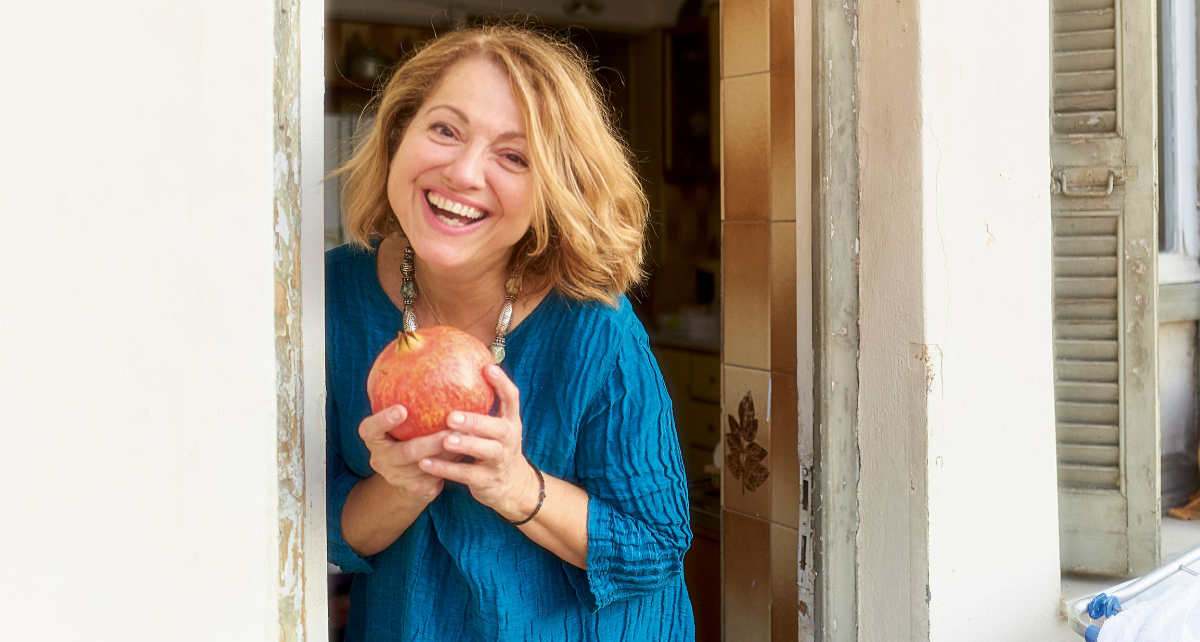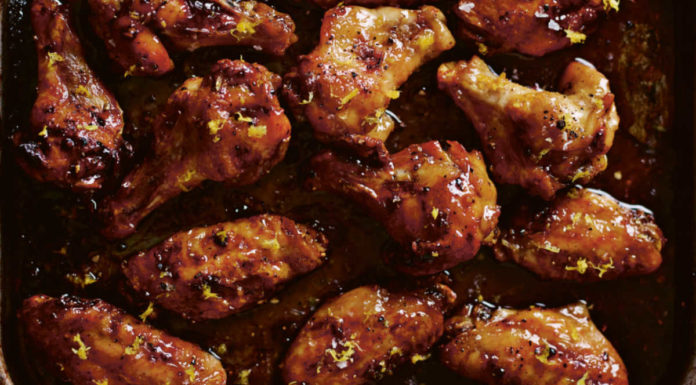Irini Tzortzoglou lifted the MasterChef trophy last year and recently published her first cookbook, Under The Olive Tree: Recipes from my Greek Kitchen. But she’s also been indulging in a related passion – olive oil.
The 60-year-old, who grew up in Crete but has lived in the UK for 40 years, recently trained to be an olive oil sommelier.
We might not think much about the standard supermarket bottle of olive oil sitting in our cupboards, probably being thrown – in some way or another – into most meals, but Tzortzoglou says: “It’s actually a very exciting ingredient. It’s the pillar of the Mediterranean diet.”
I will have tried 150 olive oils by the end of the week, including a few from Greece as part of my olive oil sommelier course; defects, attributes and health benefits of extra virgin olive oil! Soo excited!! 32 today and feeling oiled out! #oliveoilsommelier pic.twitter.com/KYTeFtVWRh
— Irini Tzortzoglou (@irinitzo) January 22, 2020
So, now a fully qualified olive oil sommelier, what would she say we ought to look for when choosing one?
There’s more to a good oil than being labelled ‘extra virgin’
“For an olive oil to be extra virgin, it has to go to a lab and it has to be tested, and therefore any oil that says ‘extra virgin olive oil’ should have met the criteria. But [the tests] basically have to do with acidity, and peroxides, beyond that, what actually makes an olive oil good is with how much care the olives were harvested, how quickly they were pressed, what means were used to press them, how well the olive oil was stored, and then how well it was treated after storage.”
Never buy olive oil sitting on the top supermarket shelf
“If you go to a supermarket, you should never buy olive oil from a top shelf where it’s exposed to a lot of artificial light – the three enemies of olive oil are: high temperature, sunlight and time. Because of the polyphenols [micronutrients packed with antioxidants], olive oil is a fresh thing, it’s like a fruit juice, it needs to be consumed quickly.”
Find out where it’s come from
“Because we buy [a bottle] that’s closed so you can’t open it and smell it, you need to know where you’re buying from. Do a little bit of homework, read the label. It should say a specific place or origin: ‘Olive oil from Crete’ or Tuscany or Jaén (in Spain).
“It can’t just use a generic term, ‘EU olive oil’, because that should immediately bring up red flags. That means there are different olives mixed together, it’s impossible by that time to know what you are actually buying or what you are going to be eating.
“Try and buy from specialist importers or artisan growers, people who’ve taken the time and the trouble to do their homework.”
If you can taste and smell it, look out for freshness
“Let’s say somebody gives you some to try, what you should look out for is the smell and the flavour, [it] should be very, very fresh. It should be green, it should be fruity.
“If you start smelling old things like damp clothes, paint, olives in brine, crayons, that means the olive has gone off. It means the olive oil is defective and you shouldn’t touch it.
“If you imagine a fruit juice, how it is when it’s fresh… You should get the smell and the aromas of the olives, the surrounding herbs of the countryside, the grass, the tomatoes, the almonds, you should get flavours like that.”
View this post on InstagramSo lucky to have @lenclume at our doorstep! Great celebration lunch! Thanks for the treats!!!
Store it well at home
“When you bring it home after you buy it, you should be very careful to store it in dark places. After opening it, use it quickly, not keep it for months and months, because it loses all its beneficial elements.”
Use different types for different dishes
“I love having three, four or five on the go. They [all have] different aromas, some olives are more bitter by nature, some are more sweet. I make baklava [olive oil, almond and candied orange baklava, in her cookbook] and use a very mild olive oil for that.
“If I cook fish, I don’t want to use a very bitter, pungent oil, but if I cook greens, I love a bitter one.
“I sometimes use other oils, for a specific thing they have a place in the kitchen, but when we think of health benefits, extra virgin olive oil is key. When we cook we might as well use a healthy, rich in polyphenols ingredient, and I’m afraid that oils like rapeseed do not have polyphenols – its the olive that has them.”
Under The Olive Tree: Recipes From My Greek Kitchen by Irini Tzortzoglou is published by Headline, priced £17.99 from Amazon.
You may also be interested in…
This article may include affiliate links to products and services where we may receive a small fee to support the running of this site if you make a purchase or is a sponsored article from one of our select editorial partners providing valuable advice and information to our readers.





































































